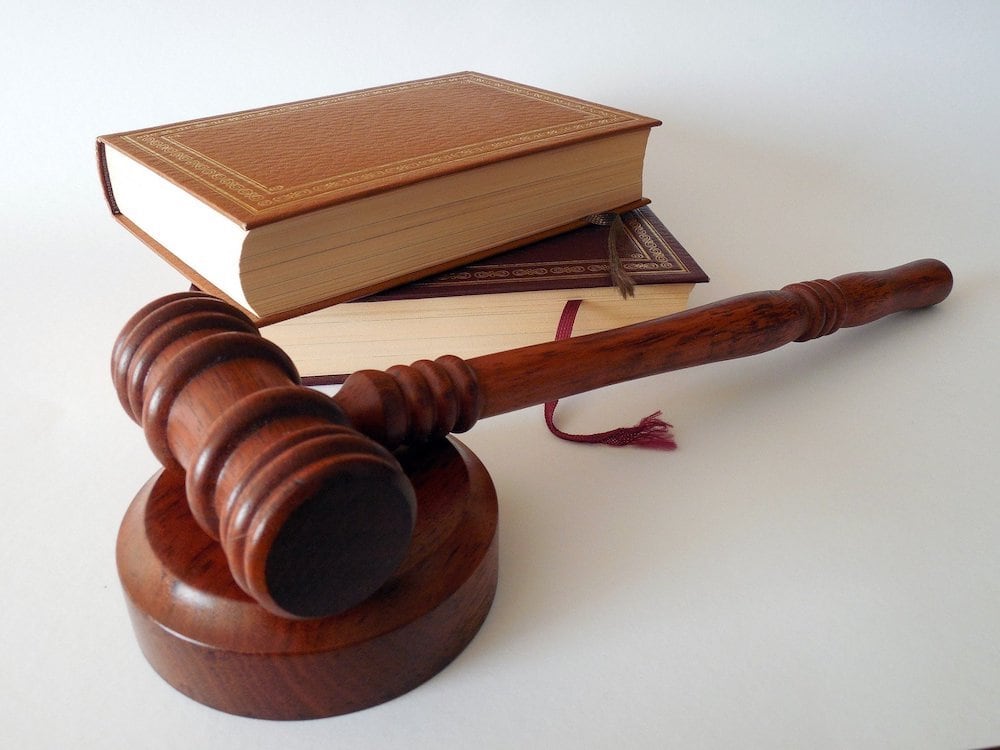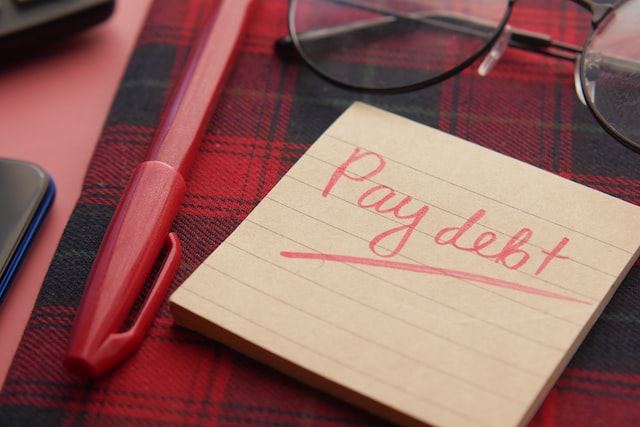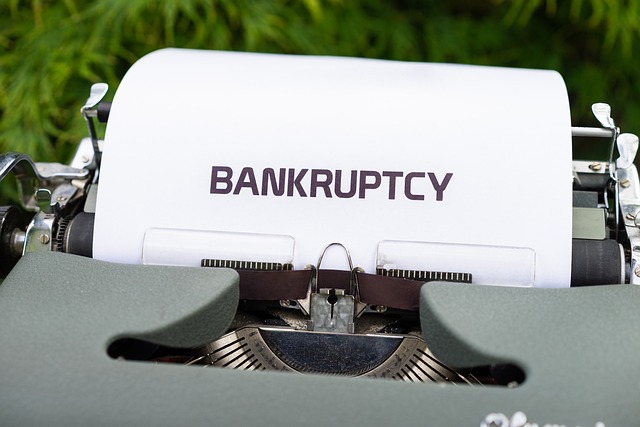
When you file for bankruptcy, understanding the process is essential. As many of your debts will be wiped, you will feel immense financial relief. However, not all debts can be forgiven. This is because Congress has decided that certain debts are not eligible to be discharged for a number of reasons. If you’re filing with the help of a Memphis, TN consumer bankruptcy lawyer and have DUI debt on your record, you’ll want to keep reading to understand how bankruptcy will impact these debts.
What Is Dischargeable Debt?
Dischargeable debts are forgiven during bankruptcy, such as credit card, medical, and personal debts.
When you file for bankruptcy, understanding how the discharge of debt works is essential. If you file for Chapter 7 bankruptcy, you’ll liquidate non-exempt assets, pay off debt to creditors, and the remaining debt will be discharged. In Chapter 13, you will create a payment plan, and the judge will dismiss the remaining debt upon the completion of your repayment plan.
Is DUI Debt Dischargeable?
If you have debt related to an incident in which you caused personal injury to another person while driving under the influence of drugs or alcohol, this debt will not be discharged. Congress has decided that this debt should not be dismissed because drunk driving is a serious issue. As a result, those who have incurred debt because they owe a victim who suffered an injury because of your decisions are entitled to the payments.
DUI debt is barred from dismissal under the United States Bankruptcy Code under Chapter 7 or 13 bankruptcy filing. As a result, you will owe these priority debts, meaning you must pay them before you can start repaying other debts.
However, the charge will only apply to those who were actually cited or convicted for drunk driving, and it must be proven that the operation of your vehicle was unlawful due to the fact that you were driving under the influence.
What Other Options Do I Have?
While debts incurred due to a DUI incident are not dischargeable, you’ll likely feel overwhelmed. However, it’s vital to understand that you do have options. Again, if you were never cited or convicted of drunk driving, you may be able to get the debts associated with the accident discharged. If driving under the influence caused bodily harm, you must repay these debts. However, consulting with an experienced bankruptcy attorney can help you examine your options to determine what other debts can be discharged.
For example, you may have incurred credit card or medical debt that can be discharged from your record, allowing you to pay the DUI debt back. However, without the help of an attorney from the Arnold Law Firm, you may not know you have this option. Contact us today to learn more about how we can help you navigate the process of filing for bankruptcy.




